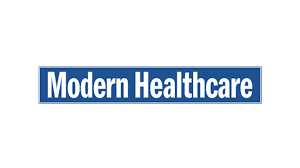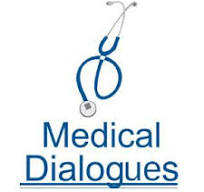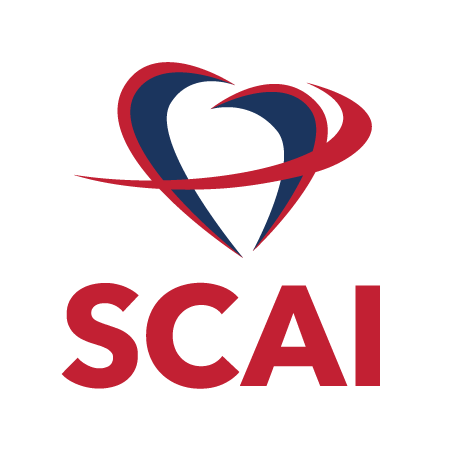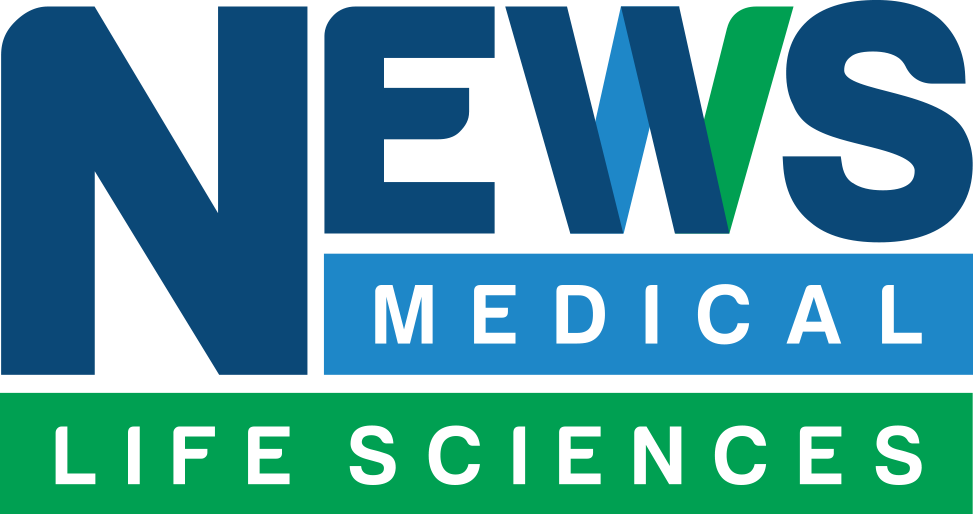Editor's Note Circadian health plays a role in cardiometabolic disease risk and clinicians should take note of this, according to a new scientific statement from the American Heart Association described in a November 14 news story in JAMA. Circadian disruptions are associated with increased risk of cardiovascular disease and mortality.…
Editor's Note Being able to identify a patient’s risk for a coronary event before surgery helps teams plan for potential complications like heart attack, heart failure, or arrhythmias, and ideally improve postoperative outcomes. New research published November 9 in JAMA demonstrated that coronary computed tomography angiography (CCTA) improved risk prediction…
Editor's Note Surgical care can be influenced if a patient has high blood pressure, including for preoperative assessment, intraoperative monitoring and to prevent postoperative complications such as heart and kidney injury, stroke, and death. An overview of updated blood pressure guidance updates to the 2017 Blood Pressure Guidelines released by…

Editor's Note Private equity firms are accelerating their push into outpatient cardiology, lured by reimbursement trends and a fragmented market but shadowed by concerns about patient outcomes and financial motives, Modern Healthcare October 16 reports. Investor activity in cardiology has surged alongside the Centers for Medicare & Medicaid Services (CMS)…

Editor's Note A freezing technique applied during heart surgery is reducing pain, shortening recovery times, and minimizing the need for narcotics, News 9/CBS News August 13 reports. The procedure, called cryo nerve ablation, involves freezing nerves around the ribs to block pain signals for about 60 days. The nerves eventually…

Editor's Note Copeptin levels surge during cardiopulmonary bypass (CPB), marking it as a potential biomarker for physiological stress in cardiac surgery, according to a May 13 article in Medical Dialogues. The article details a prospective cohort study, published in the Journal of Cardiothoracic and Vascular Anesthesia, involving 61 adult patients…

Editor's Note The first study to evaluate percutaneous coronary interventions (PCI) in Medicare beneficiaries treated at ambulatory surgery centers (ASCs) found similar short-term safety outcomes as hospital outpatient departments (HOPDs). As detailed in an announcement from The Society for Cardiovascular Angiography & Interventions (SCAI), the research was presented on May…

Editor's Note Segmental spinal anesthesia (SSA) has emerged as a safe and effective anesthetic technique for high-risk obstetric patients, particularly those with underlying cardiovascular disease (CVD). A recent case series published on April 29 by Medical Dialogues highlights the successful use of SSA in five parturients undergoing cesarean sections, emphasizing…

Editor's Note Eating during the day instead of at night may protect shift workers from harmful cardiovascular effects, according to an April 17 report in Medscape on new research from Mass General Brigham. Researchers found that the timing of meals—not just their content—directly influences cardiac and clotting function in adults…

Editor's Note A low-cost blood test for troponin, a protein released during heart muscle damage, significantly improves long-term risk prediction for heart attacks and strokes—especially in patients with intermediate cardiovascular risk, according to an April 7 report from News-Medical.Net. The findings, based on a large-scale international study led by the…